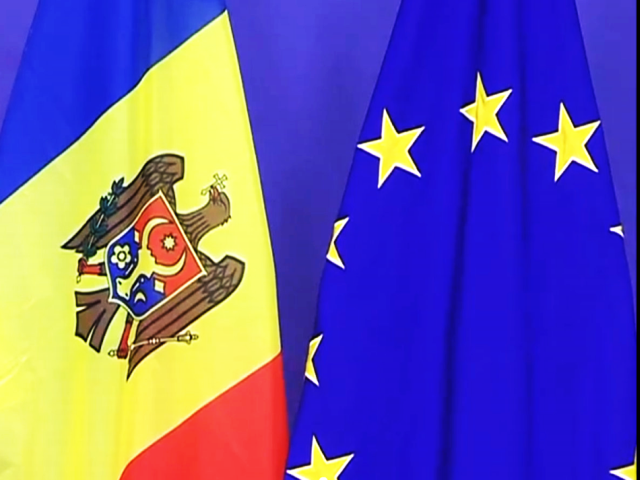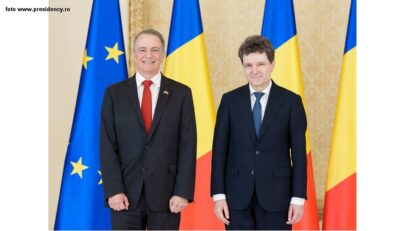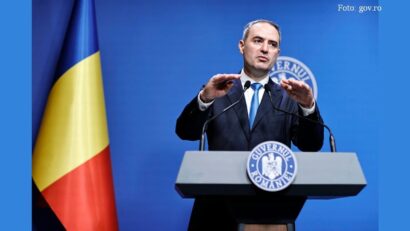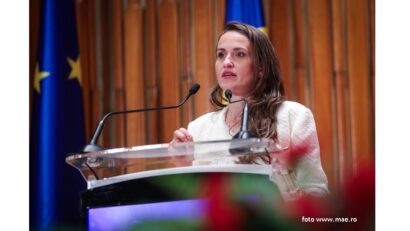Additional support for the Republic of Moldova
Republic of Moldova makes further step towards connecting with Europe in the area of infrastructure and energy.

Ştefan Stoica, 10.05.2023, 13:50
EU commissioner for transport
Adina Vălean and Moldova’s minister for infrastructure and
regional development Lilia Dabija signed in Chişinău an agreement
associating Moldova with the Connecting Europe Facility programme.
Moldovan project promoters will from now on be able to apply for EU
funding for projects of common interest in the transport, energy and
digital domains aimed at improving this country’s connectivity with
its EU neighbours.
We got some good news on Europe Day – an
agreement was signed enabling our country to join the Connecting
Europe mechanism. Moldova and the European Union are making concrete
steps for us to become part of the European family as soon as
possible, said Moldova’s president Maia Sandu. The agreement
will support the integration of the Republic of Moldova into
the EU single market and stimulate economic growth, job creation and
competitiveness. This country has been strongly affected by Russia’s
war of aggression against Ukraine and the European Union continues to
stand in solidarity with Moldova and is committed to further
consolidating its resilience. Tuesday’s
agreement brings Moldova even closer to the European Union by
anchoring it in its interconnected trans-European networks.
Other
agreements signed in Chişinău in the presence of EU commissioner
Adina Vălean and Moldovan prime minister Dorin Recean concern the
modernisation of three bridges over the river Prut. Repair works on
the three cross-border bridges will be funded by the Romanian
government by the end of 2027 and form part of the European Moldova
2030 national development strategy. The modernisation of the bridges
will ease movement between the two states, facilitate internal and
international trade and enhance the connectivity between Moldova and
the European Union.
On Europe Day, the European Parliament voted to
provide additional assistance for the Republic of Moldova worth 145
million euros to help cover part of its funding needs for this year.
Rising inflation and energy prices were among some of the most severe
effects of the Russian-Ukrainian conflict on Moldova, and the energy
crisis and a drop in household earnings and investments have further
increased the pressure on public finance. Romanian MEP Siegfried
Mureşan said non-reimbursable funds account for 45 million euros,
while the rest of 100 million euros is in the form of an advantageous
loan. The money goes to Moldova’s budget to be used as the
authorities see as the best way to support the people and the
businesses affected by the crisis. (CM)






























